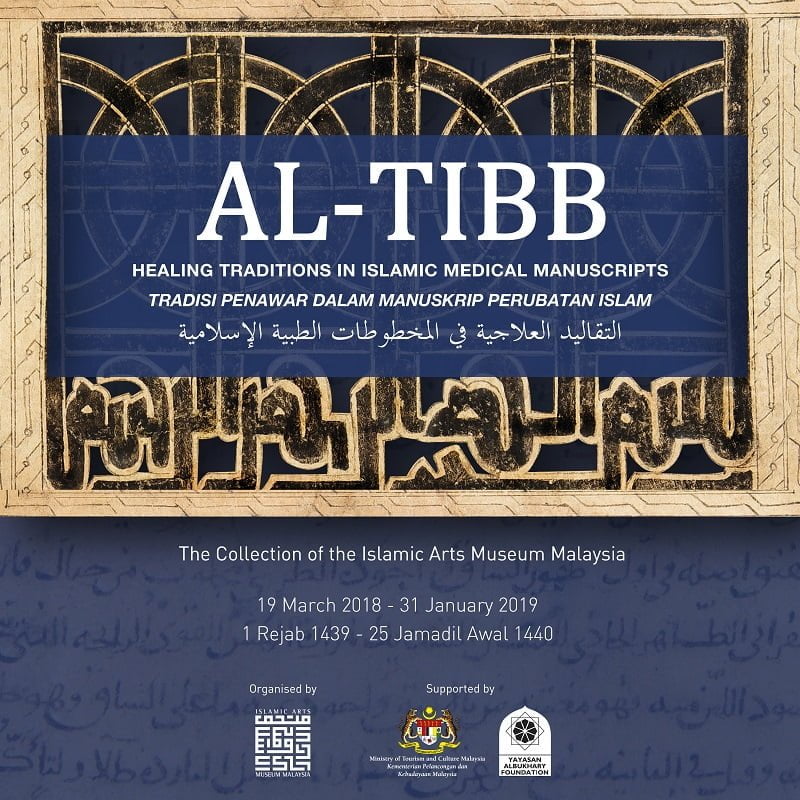
Medicine is a science from which one learns the states of the human body
with respect to what is healthy and what is not,
in order to preserve good health when it exists
and restore it when it is lacking.
—Ibn Sina (d.1037)
Medicine in Islam carries a history of enquiry, innovation, and change. Through and through, the search for knowledge occupies an esteemed place in the Islamic worldview. This notion, combined with the universal need to preserve and restore health, has therefore invigorated the development of the science of medicine in the earlier centuries of Islam by leaps and bounds. All over the Islamic world, physicians, scientists and philosophers alike have sustained the wealth of medicinal knowledge with their incalculable contributions. Al-Tibb: Healing Traditions in Islamic Medical Manuscripts attempts to make manifest this journey of discovery and accomplishments.
A selection of manuscripts, along with accompanying objects, seeks to bring into life the intellectual impulse of the scholars of the past. In gauging the breadth of the subject, the discourse navigates across several areas, namely: Prophetic medicine, the translation movement, pharmacy and dietetics, bimaristan, anatomy, Malay medicine, and traditional medicine. ‘Every disease has a cure’, the Prophet Muhammad (PBUH) once said; and the search for healing in Islamic traditions has covered many milestones ever since.
The exhibition was opened to the public from 19th March 2018 to 31st December 2018 at the Special Gallery 2 and then extended until 31st January 2019 due to popular demand. A special catalogue is available at our Museum Shop.
